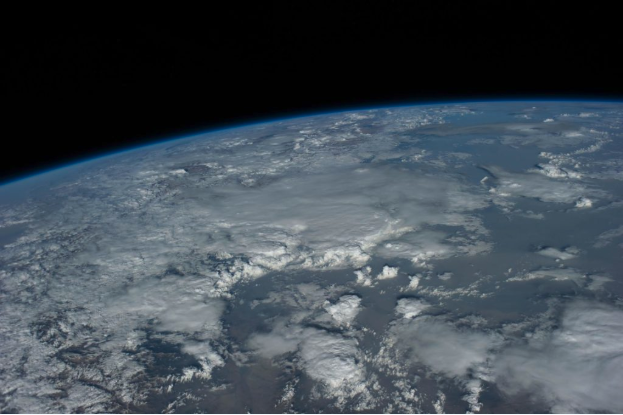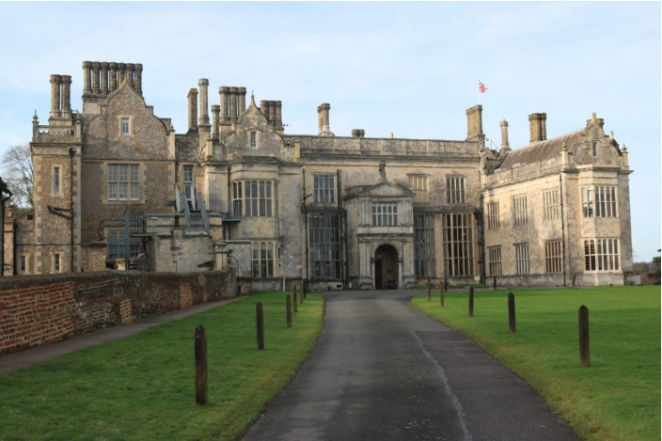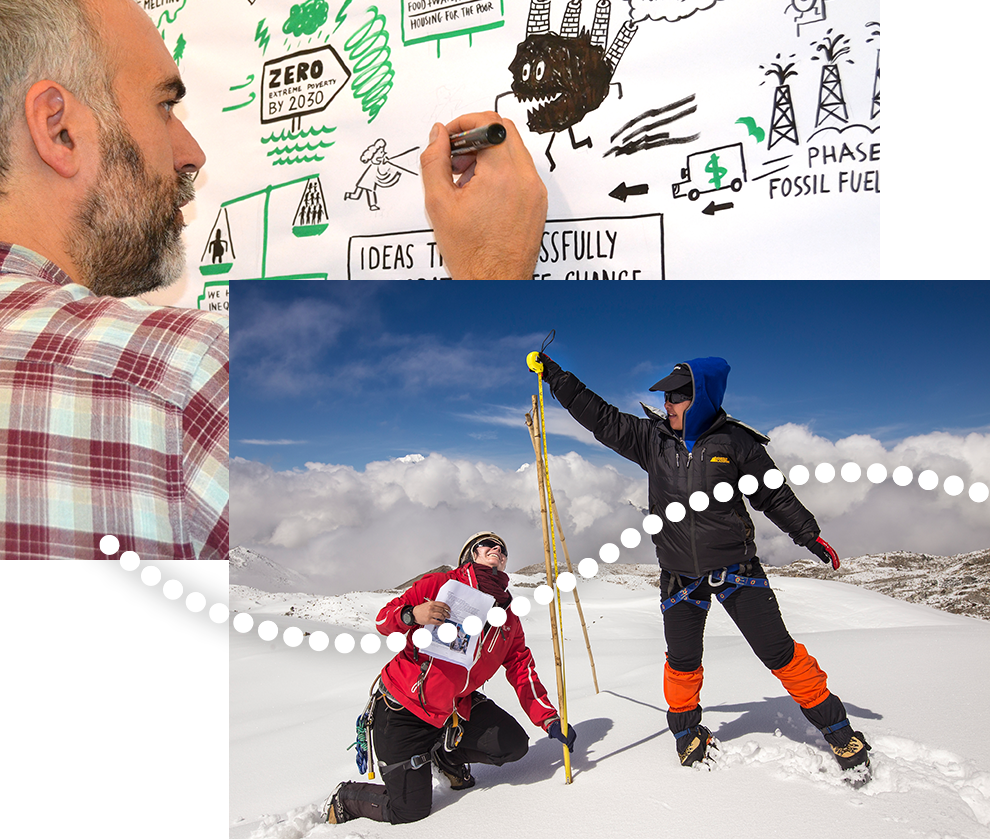Transboundary climate risk: we’re all in this together

Introduction
Installing democratic values in Germany after World War II, providing a venue for post-Cold War discussions, and the transition to black majority rule in South Africa – Wilton Park, now an executive agency of the British Foreign Office, has a tradition of enabling pivotal discussions in politics. On 13 March 2019 they hosted a three-day workshop on transboundary climate risk.
Policy responses to the risks posed by climate change are formulated largely at the national level, despite the transnational nature of many ecosystems and communities. This event examined the benefits and challenges of a more multilateral approach to adaptation and disaster risk reduction.
The Q&A below interviews two members of the Adaptation without Borders team on why such events are needed.
Q&A
Q: Magnus and Kevin, you have been instrumental in research on transboundary climate risk. How does it feel to have this concept discussed at a location with as big a tradition in international politics as Wilton Park?
A: It’s nice for us to have a place like Wilton Park for this discussion. It provides a safe and trusted space where we can raise a topic that has not been explored deeply on an international scale.
Wilton Park has a tradition of providing a venue for representatives from opposing sides of a conflict, but this workshop will be less about different factions locking horns than it is about finding ways to craft the way forward with major players.
Climate change politics are often heavily scrutinised by pressure groups, and a lot of what is said at big events like COP can be quite defensive. That’s why we’re looking forward to an open conversation where people can explore transboundary climate risk as a concept, or acknowledge this concept as a background for thinking about how strong the case is for improving international cooperation on adaptation.
Q: What are the benefits of exploring the concept of transboundary risk at this point in time?
A: Kevin Adams: I think it’s necessary to have these open conversations with relevant key players at the international level. It gives us an understanding of how the current policy frameworks could begin to incorporate transboundary risk.But there’s another aspect to this: in a lot of policy conversations, we take for granted the status quo system of resolving policy conflicts, but don’t often take stock of what could be different and what radical arrangements exist for dealing with future problems.
So it’s time to ask how an entirely different world – in a potentially radically different future, where things are quite uncertain – could or should be responding to these issues. This workshop could be a watershed moment for the concept of transboundary climate risk.
Magnus Benzie: It gives us an opportunity to see through the transboundary lens and realise we are all in this together. Our fates are intertwined.
Q: One area that will be discussed is what the consequences for global governance might be if adaptation does not address transboundary climate risk. Do you have any thoughts on that already?
Magnus Benzie: I think you can imagine very easily that transboundary climate risk could precipitate the collapse of a globally-integrated world. It’s no less than that. The stakes are extremely high.
If we look at how climate risks might cascade or lead to contagion within global systems, then we can anticipate that countries might act very strategically from a strict security perspective to exercise adaptation in the future.
That is the implication of this work: There are strategic risks to the security and stability of many countries. You can cooperate to manage those risks together, and recognize our interdependence and shared adaptation opportunities.
Alternatively, you could imagine a world where we choose a different way of coping, and I don’t think the stakes are any less than the breakdown of global cooperation.
Q: What are you hoping will come out of this workshop?
A: Kevin Adams: One outcome we hope for is to really put transboundary climate risk on the agenda. Another is to make sure these risks are addressed in a way that leads to embracing multilateralism and international cooperation rather than rejecting it.
Especially in light of the rise of authoritarian tendencies across the world, this could be a rallying cry to work closer together.
Q: This workshop is attracting high-level policy-makers in the arena of adaptation to climate change. Who have you worked with to achieve that?
Magnus Benzie: This workshop at Wilton Park is an example of how SEI works with strategic partners to set the agenda on global climate change governance, in this case with the Overseas Development Institute (ODI), the Institute for Sustainable Development and International Relations (IDDRI), and in partnership with the Global Center on Adaptation.
Where we see a need, we create an alliance with partner institutes from other countries to combine our voices and maximize our collective power.


Comments
There is no contentYou must be logged in to reply.